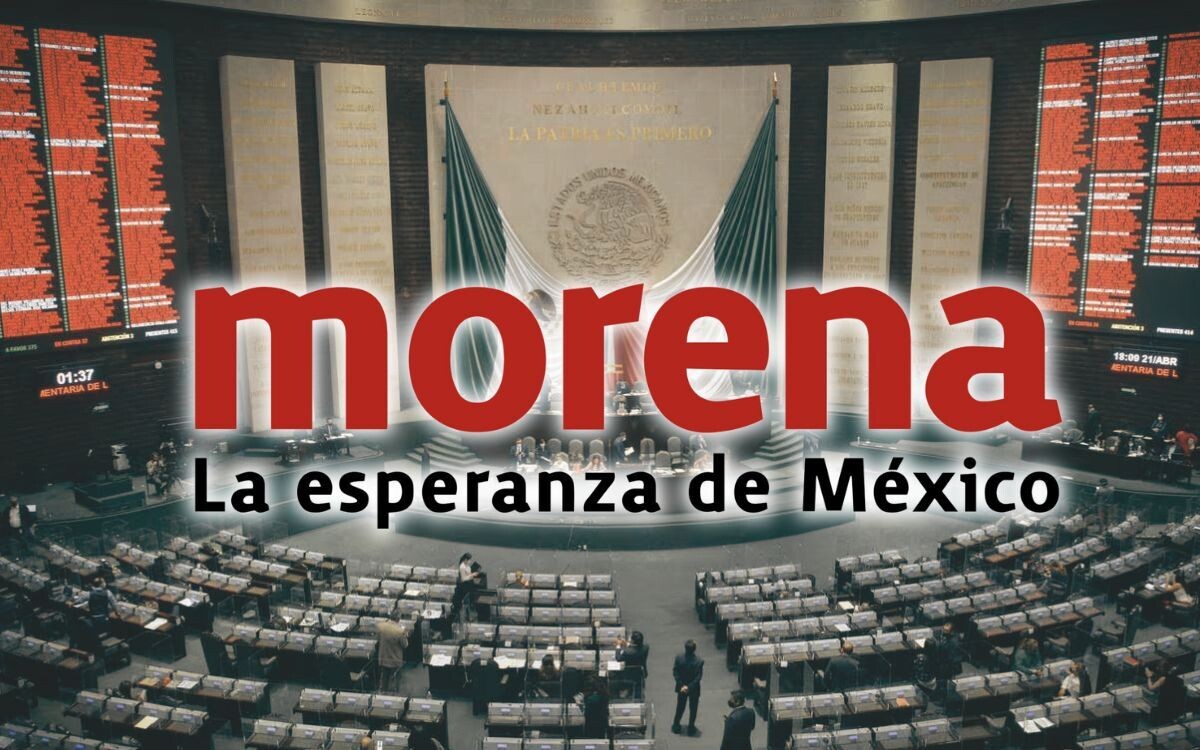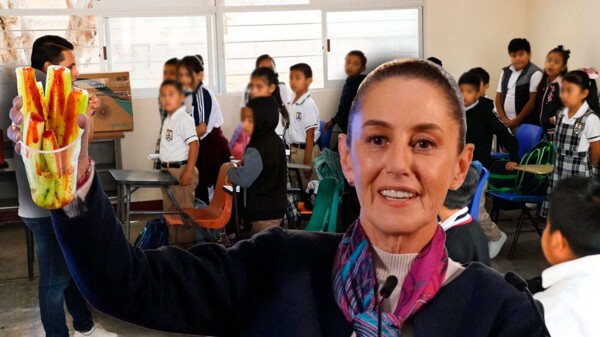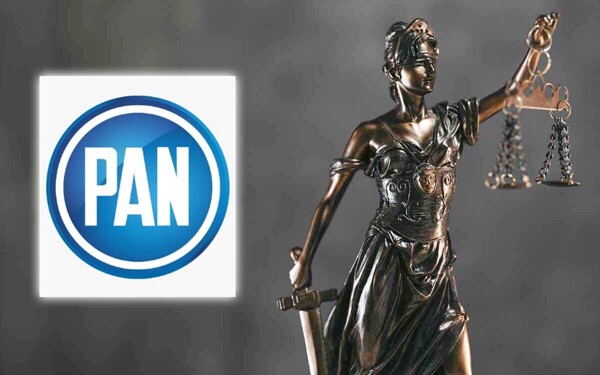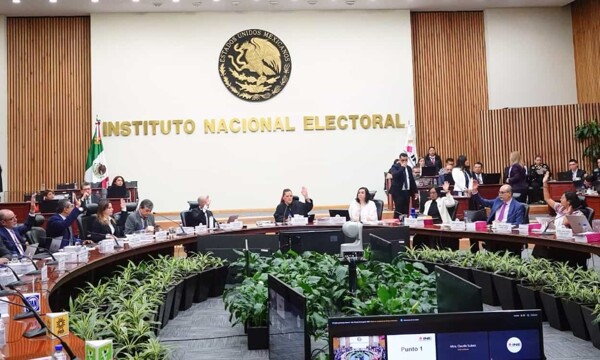
Former minister José Ramón Cossío expressed his concern about Morena's proposal to eliminate the control of conventionality, as he believes that this would have prevented judges from confronting constitutional reforms with international treaties on human rights, undermining Mexico's international obligations.
Cossío mentioned that, although the withdrawal of the proposal to eliminate the control of conventionality was announced, there is still concern regarding the possibility of judicial discussion on elements that could contravene international treaties. In his opinion, the proposed modifications to Article 105 could render the procedures initiated to challenge the constitutional judicial reform moot, dismissing any ongoing action that seeks to question the reforms.
The former minister pointed out that the initiative represented a strategy of "entrenchment" by the ruling party, closing avenues for judicial or political debate on constitutional reforms. In this regard, he expressed that the main objective seemed to be to seal any possibility of discussion in the judicial arena and criticized the lack of spaces for dissent.
Cossío emphasized that these types of maneuvers do not align with the official discourse that claims Mexico respects the rule of law and judicial independence. In his analysis of Morena's proposal, he indicated that the modification to Article 105 would expressly prohibit challenges against constitutional reforms, highlighting the ruling party's insecurity regarding the validity of such reforms.
Moreover, the former minister warned that the proposal also implied an implicit recognition of the legitimacy of the current reforms, which would generate conflict with the international principles to which Mexico is subjected. In this sense, he highlighted the importance of control of conventionality and the need not to limit the mechanisms for challenge in the judicial area.














